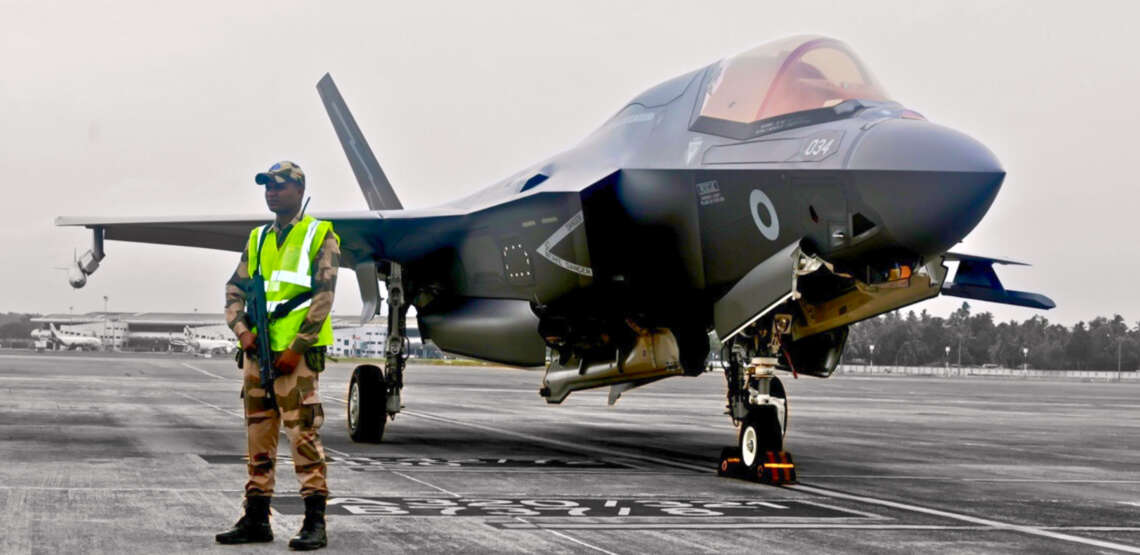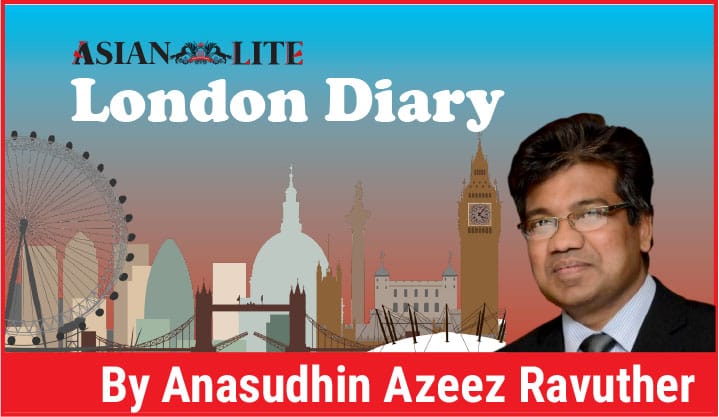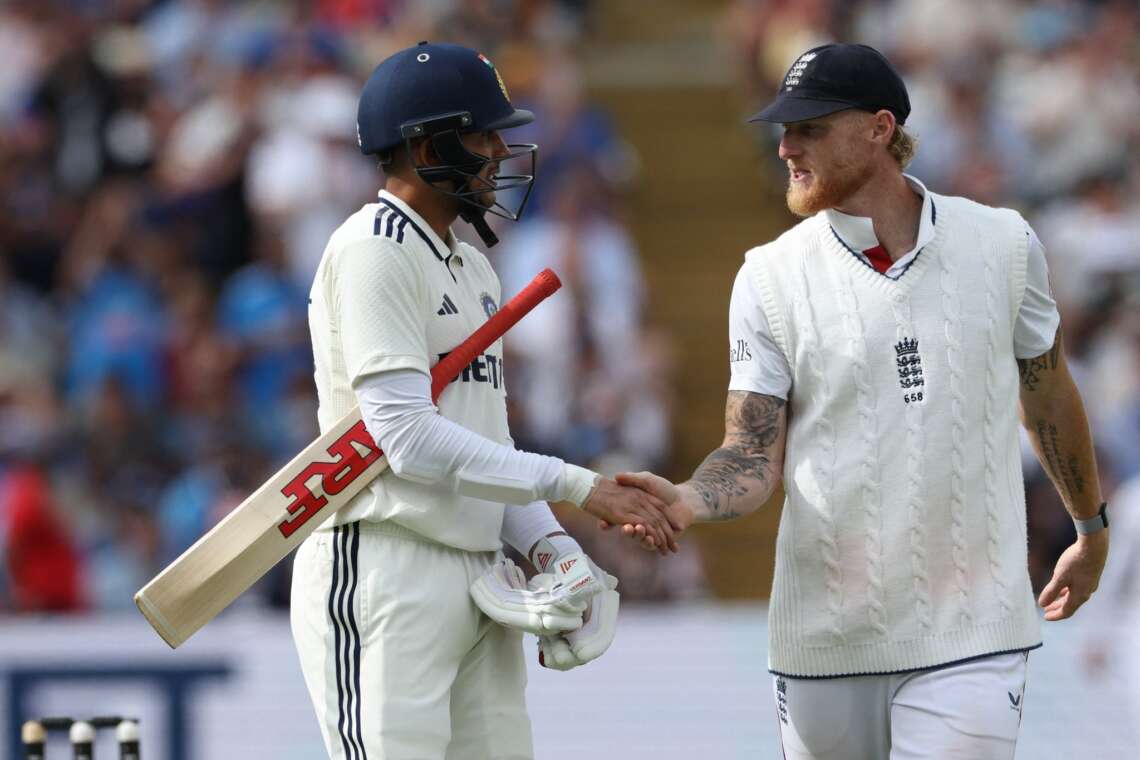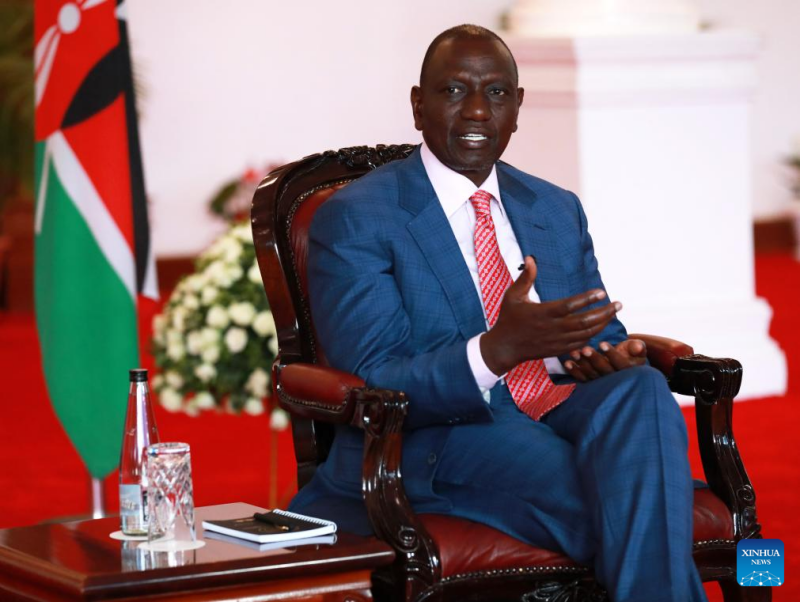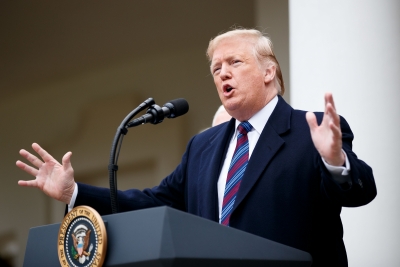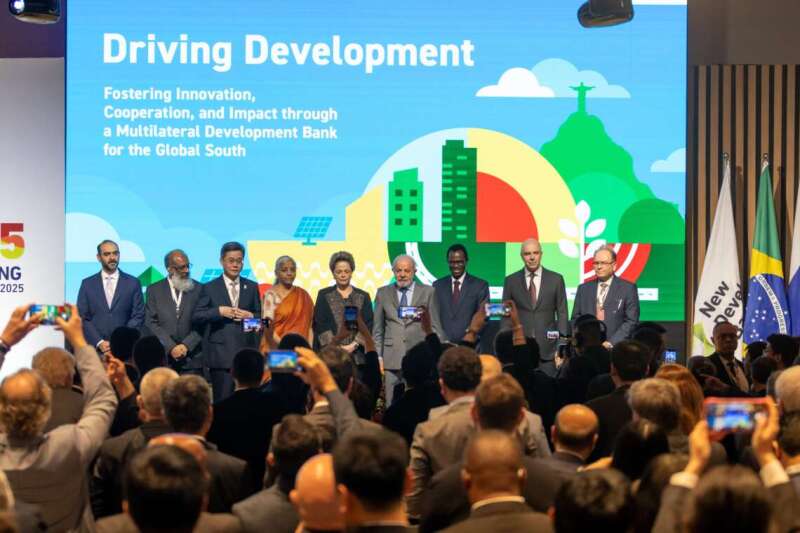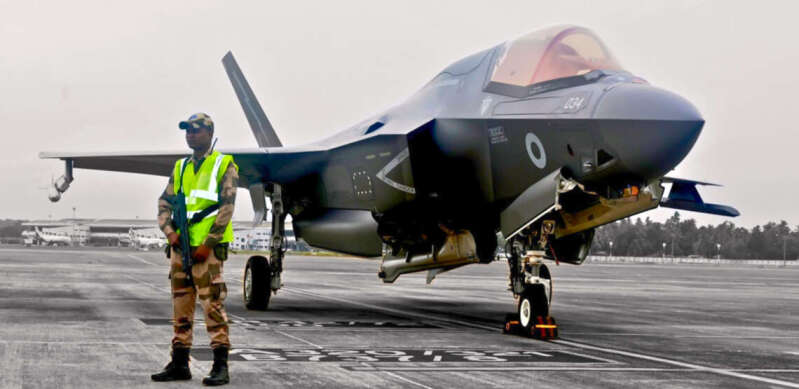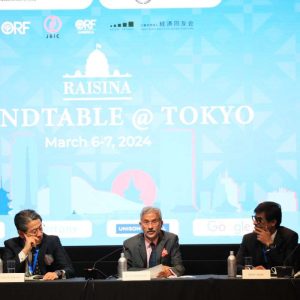The India-Japan relationship, founded on the principle of trust and which gained strategic prominence with time, is now swiftly heading towards exemplary diplomacy….reports Asian Lite News
India’s relationship with Japan is one of the strongest of any nation. Both India and Japan share a common heritage of Buddhist ideals and a strong people-to-people bond that goes beyond economic alliances. The India-Japan relationship is manifested in multi-cornered cooperation and in the ever-widening scope of the bilateral alliance.
The India-Japan relationship, founded on the principle of trust and which gained strategic prominence with time, is now swiftly heading towards exemplary diplomacy. The Delhi Metro – one of the largest metro networks in the world – recently commemorated 20 years of its operations. Japan has provided India with financial and technological assistance in developing several metro corridors. The anniversary not only marked two decades of a successful metro run but also highlighted the Indian-Japanese relationship that can today be characterized by a strong strategic partnership, a burgeoning business collaboration, a deep cultural connection, and a tactical geopolitical alliance.
In another undertaking between India and Japan, the two sides have collaborated to manufacture India’s first bullet train. With nearly 25 per cent of the work completed, India’s first bullet train is expected to hit the tracks by 2027.
Hiroshi Suzuki, Japanese Ambassador to India, recently said, “Japanese team and Indian team working closely together. And in my eyes, this is already a revolution underway. Japan and India enjoy special relations, special partnership, which is both strategic and global. So we are cooperating in many important areas such as defence and security. The international forum we are closely cooperating on UN Security Council.”
The trade imbalance has been narrowed between India and Japan gradually with Indian exports to Japan rising each year, which primarily include petroleum products, chemicals, and elements.
As per the India Ministry of External Affairs, the bilateral trade between India and Japan for Financial Year 2021-22 totaled USD 20.57 billion. India’s exports to Japan amounted to USD 6.18 billion while India’s imports from Japan amounted to USD 14.39 billion.
On his visit to India last year, Prime Minister Fumio Kishida announced a USD 42 billion investment in India within the next five years. Experts say Japanese power corridors consider India to be one of the most reliable partners in the world.
With 14 bilateral premier-level summits, a continuous flow of people and tech, and uniquely integrated yet individual strategies to counter global threats, Indian-Japanese ties have become a curious case study for observers around the world.
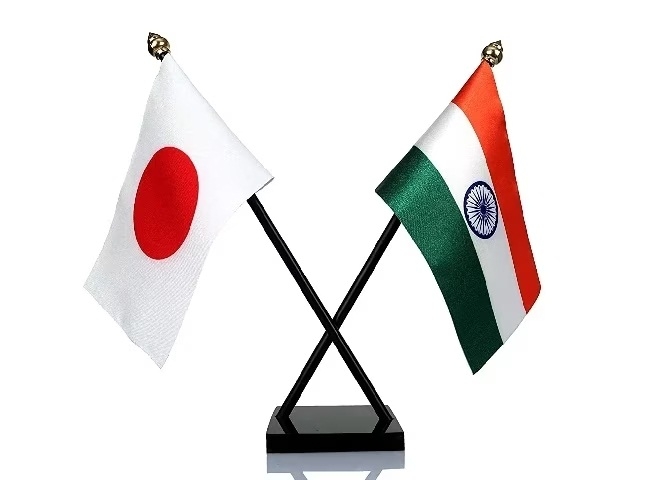
Both India and Japan have their own ways of dealing with global issue. For example, the two countries had contrasting stances on the Russia-Ukraine conflict however, this had no bearing on their relationship.
“They (India and Japan) have not let these differences become a stumbling block in improving relationships. Even recently, India and Japan have a slightly different point of view about the war in Ukraine but we have not let that become a problem in our ties,” said Delhi-based geopolitical expert Sanjana Joshi.
India’s partnership with Japan has also picked up great momentum lately.
The two countries, with political and military alliances, will have their first-ever joint air combat drills next year. The two have already been conducting the annual ‘Malabar’ naval exercise along with the United States in order to preempt and prepare for any future crisis in the Indo-Pacific, especially from expansionist Chinese campaigns.
India and Japan are also part of the Quadrilateral security dialogue, popularly called the “Quad.” The security alliance also includes the United States and Australia. The geographic positioning provides great proximity and strategic advantage to both India and Japan in case any threats emerge out of China.
“We also have a very strong strategic engagement with each other which is, you know, quite unusual for a country like Japan which calls itself or which prides itself as a pacifist power. So, that’s the special place they have marked out for India to have strategic relations.” Joshi added.
After establishing formal ties in 1952, the India-Japan relationship has touched several highs.
Apart from trade, investment, and military, the one fundamental tie that binds Japan and India together is the democratic and pro-peace, pro-people outlook in their domestic and foreign policies.
Neither India nor Japan can be accused of being an aggressor or anti-global welfare. Observers have praised both countries’ ways of governance and diplomacy. The two now also hold very important presidencies. Japan is at the helm of G7, while India will remain G20 president for the next one year. Both are expected to make significant contributions to immediately needed solutions to the world’s problems.
If India and Japan have individually shown the world that good can be achieved through peaceful means, their ties serve as an example for the rest of the global community to forge and nurture an alliance of this nature. (ANI)



